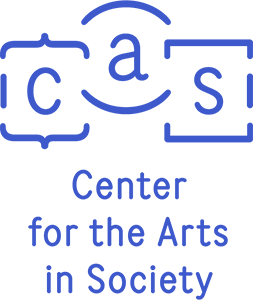Architecture’s Ecological Restructuring
Public Workshop-Style Symposium
- Edward Eigen, Harvard Graduate School of Design
- Rania Ghosn, MIT School of Architecture and Planning
- Margarita Jover, The Tulane School of Architecture
- Sylvia Lavin, Princeton University School of Architecture
- Fadi Masoud, The John H. Daniels Faculty of Architecture, Landscape, and Design
- Neyran Turan, UC Berkeley College of Environmental Design
Convened by Zaid Kashef Alghata, Joseph F. Thomas Visiting Professor, CMU SoA
Saturday, March 25, 2023 | 1:00-6:00pm ET | Kresge Theatre
Environmental degradation has transformed the very idea of nature. Nature as it was once known, untouched, undomesticated, unclimbed, or unconquered, no longer exists. As the discourse undergoes an excavation that reveals its destructive socio-environmental impact, demands for a just approach to people and the planet have become a primary matter. This workshop invites six distinctive voices to speculate on the ongoing ecological restructuring of the discipline.
The evolution of “ecological thinking” requires the definition of a set of values that scrutinize, preserve, enhance, or restore the macro and micro interrelationships between living organisms and their physical world. Architects have been conventionally trained to think on the level of individual buildings, which has constrained their contribution to resolving global crises. To amend this limitation, architecture's agency must expand beyond the building footprint to include infrastructure and non-civic structures, especially those typically designed by non-architects. The increased importance given to technical solutions instead of reshaping political, economic, and cultural forces that form the built environment is at stake in the existing paradigm shift.
Participants will present an object of study to speculate on its future impact on an ecologically centered discourse. What is architecture's take on infrastructure and non-civic structures? What social demands and inequalities do they generate? How can architects better engage with nature? How can disciplinary expertise serve architecture and its allied fields? This workshop draws from these questions to challenge traditional frameworks and build new forms of thinking.

